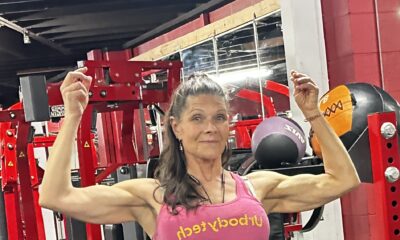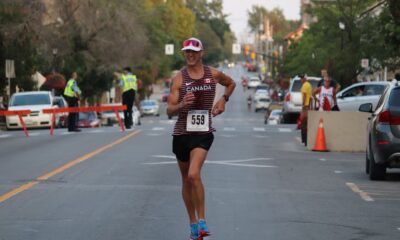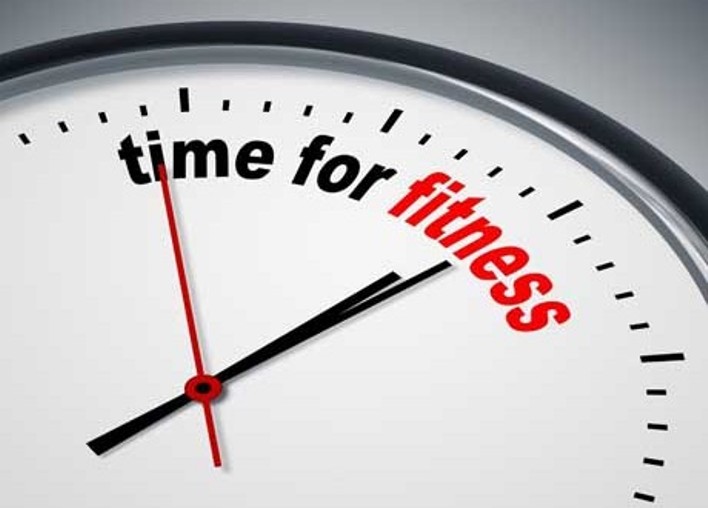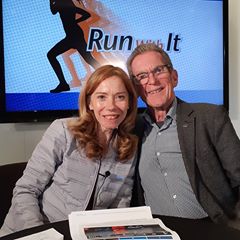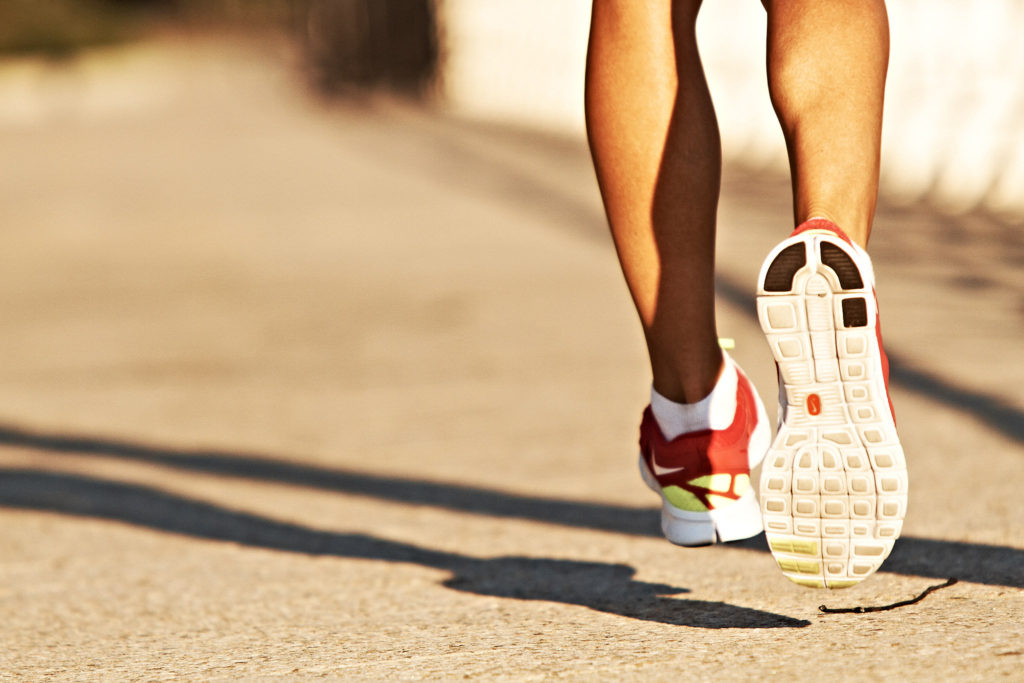Vancouver’s Dr. Jack Taunton is known unofficially as the “Father of Running” in British Columbia. Besides being a renowned sports medicine doctor, he has been an elite marathoner, having run 30 marathons in under two hours, 30 minutes.
He was Chief Medical Officer at the Vancouver 2010 Olympic and Paralympic Winter Games. He is co-founder of the world’s third-largest 10km, the Vancouver Sun Run.
He founded the Vancouver Marathon in 1972…it was organized by the Lions Gate Road Runners Run Club, which he also co-founded.
Dr. Taunton obviously has a unique perspective on runners’ health and fitness issues and he has some advice for runners who may be recovering from the novel coronavirus and contemplating an early return: “Don’t rush back into running.”
Getting proper exercise is essential to improving our immune system and our mental well being.
While working out can be addictive in a good way, it can present a challenge to use your common sense and stop running when dealing with illness or injury.
If you have recovered from COVID-19, getting back into a regular exercise program should be done cautiously and incrementally under a doctor’s care.
In a recent interview, Dr. Taunton shares his expertise on how to return to running safely following recovery from the novel coronavirus.
“The big concerns for returning to exercise are central motor neurons, so much like concussion or individuals with Parkinson’s,” he said.
Other concerns include, “Memory changes, poor balance, changes in gait, and coordination, so exercises addressing these areas are important.”
Dr. Taunton adds, “Also, pulmonary changes like asthma or pneumonia (can result), so must start walking at 20-30 minutes slowly then faster walking and increase to 40 minutes, and if not shortness of breath or wheezing, then add a walk/run for 30 minutes. Fast walk for four minutes, jog for one minute, and repeat six times for 30 minutes.”
He continues “Then fast walk for three minutes and jog for two minutes for 30 minutes and progress to jog 30 minutes and slowly increase to 40 minutes, then add intervals.”
The other concern he addresses is your heart, which he says, “…could have developed an inflammation called, Myocarditis (inflammation of the heart muscle) with arrhythmias (problem with the rhythm of the heartbeat).
Dr. Taunton adds, “If you had this, you need to see a cardiologist for an exercise stress test and echocardiogram… this will determine your safe cardiac limits.”
Dr. Taunton advises to walk first then walk/run, as in most recoveries.
He believes in starting slowly, on alternate days. Moving your body is the step in the right direction to feeling a sense of accomplishment.
According to a recent New York Times article, Returning to Exercise after Recovery from coronavirus,
Dr. Jonathan Kim, a sports cardiologist at Emory University in Atlanta, says, “For most athletes who have spent weeks at home recovering from the virus, the first few workouts could feel lousy, he says, since any lingering viral effects may combine with general physical deconditioning. So, expect some discomfort.”
Dr. Kim continues ”But if you experience considerable or increasing chest tightness or new heart palpitations, stop exercising, contact your doctor and discuss whether you should complete cardiac testing.”
Thanks to Christine Blanchette for her weekly Fitness Friday Features and be sure to follow her on Twitter or her Youtube Channel.
Have a safe weekend!!
